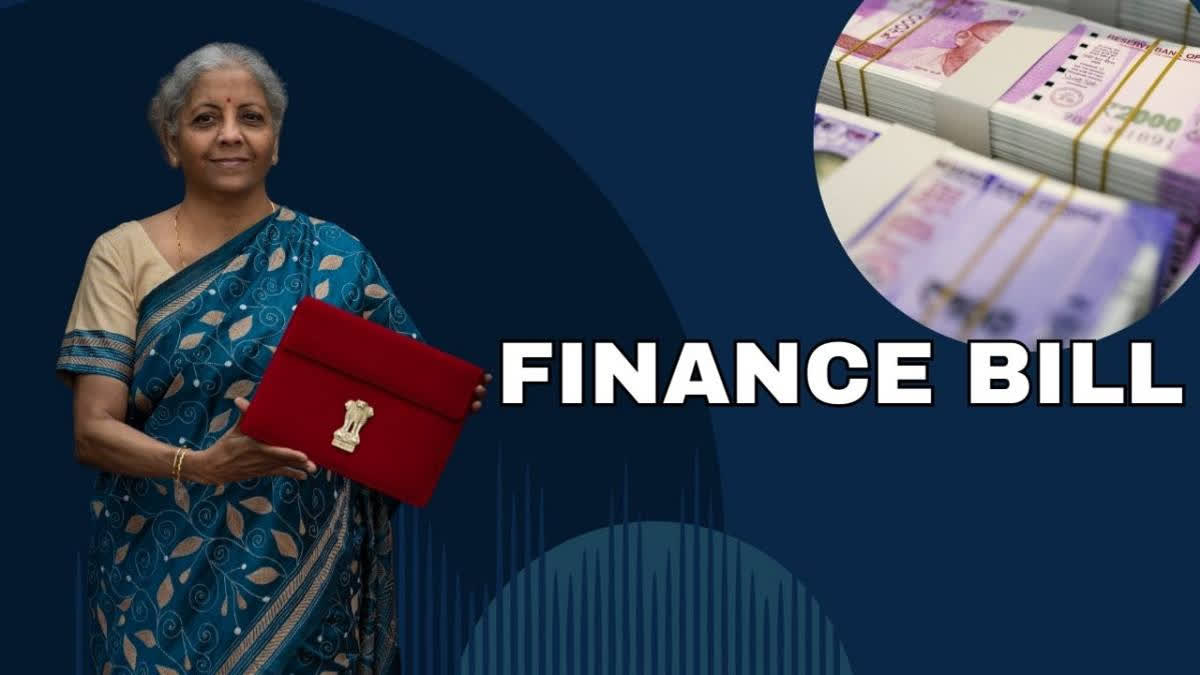New Delhi: While presenting the Union Budget, the finance minister also presents a Finance Bill to the Lok Sabha to give effect to the tax proposals contained in the Union Budget. The Finance Bill for a financial year is presented to the Lok Sabha immediately after the presentation of the Union Budget for the year.
The government is required to get approval from the Parliament by way of passing a law to impose a new tax or to alter or abolish an existing tax. In order to give effect to the finance minister’s budget proposals, particularly about taxes and also to give effect to certain financial provisions of the Government of India, a Finance Bill is always presented to the Lok Sabha, immediately after the presentation of the budget.
The requirement to obtain the President’s approval
The Finance Bill being a special bill requires the President of India’s approval for its introduction in the Lok Sabha.
There are two Articles in the Indian Constitution which deal with the Presidential recommendation for introducing a Finance Bill in the Lok Sabha. These are Articles 117 and 274.
Article 117 deals with special provisions about financial bills. It says a bill or amendment making provision for any of the matters specified in sub-clauses (a) to (f) of clause (1) of article 110 which deals with money bills will not be introduced in the Lok Sabha without the approval of the President and such bills will not introduce in the Council of States – the Rajya Sabha.
Provisions of Article 110 deal with money bills which contain provisions to impose, alter, abolish, remission or regulate any tax or if they deal with the borrowing of money or guarantee undertaken by the government or withdrawal of money from Consolidated Fund of India, among other things.
